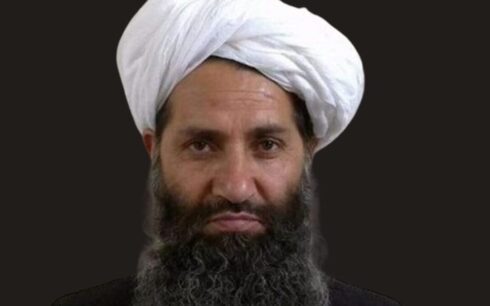Building on an earlier statement from United Nations experts, Richard Bennett, the U.N. special rapporteur, warned that Afghanistan’s maternal and pediatric healthcare system is in crisis, with the Taliban’s recent ban on medical education for women poised to deepen the nation’s health emergency.
Mr. Bennett called the ban a significant threat to the nation’s healthcare system.
“Barring female students from education at medical institutions will do immense harm to the entire population,” Mr. Bennett said. “If implemented, the ban would deepen this crisis, with profound and long-lasting effects.”
The warning comes as a December 9 report from the health division of the U.N. High Commissioner for Refugees noted that 17.9 million people in Afghanistan are in urgent need of healthcare assistance.
The report described Afghanistan’s healthcare infrastructure as “fragile and under-resourced,” highlighting unequal access to medical services and severe challenges in maternal and child health. High rates of malnutrition and alarming mortality rates among mothers, newborns, and children were identified as critical concerns.
Taliban’s ban on women’s medical education
Earlier in December, the Taliban’s health minister, Noor Jalal Jalali, announced a decree from the Taliban’s supreme leader, Hibatullah Akhundzada, prohibiting women and girls from pursuing studies in medical institutions.
At a meeting with representatives from medical education institutions on Dec. 2, Mr. Jalali ordered that female students would no longer be admitted. The decree has drawn widespread condemnation both domestically and internationally.
The decision has prompted strong reactions from the United Nations, global human rights organizations, and countries advocating for women’s rights.
In its initial response, the United Nations warned of the ban’s damaging long-term effects on Afghanistan’s healthcare system, cautioning that it would further undermine access to essential medical services in a country already struggling to meet the basic health needs of its population.





